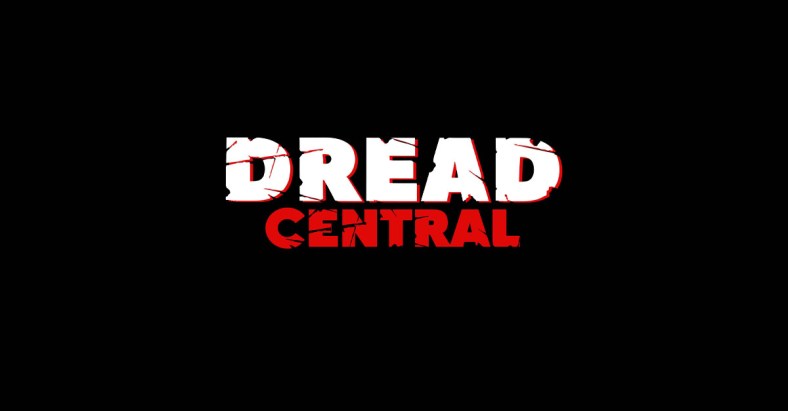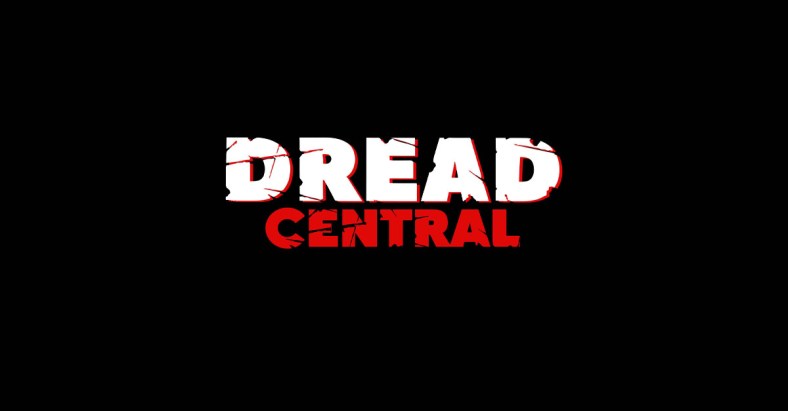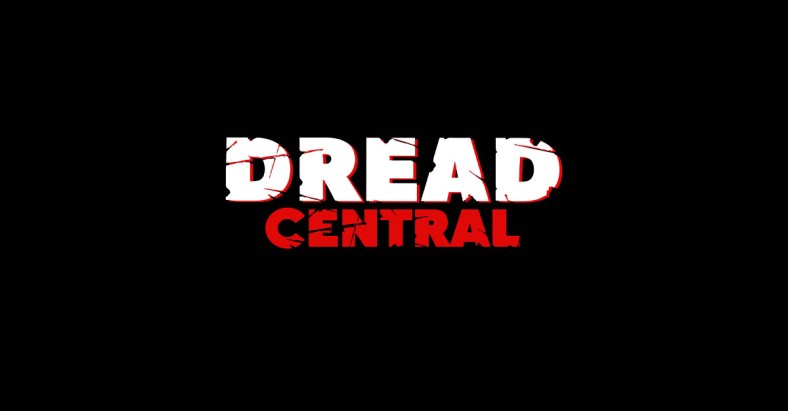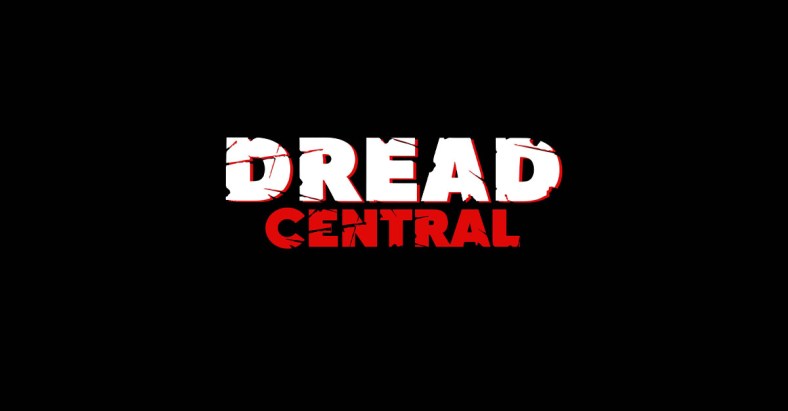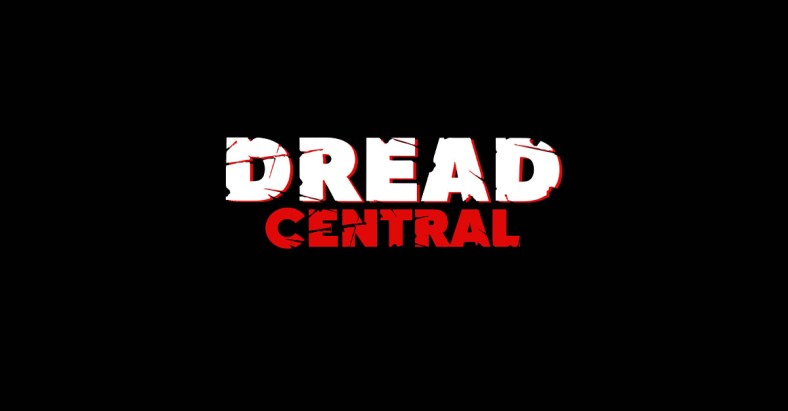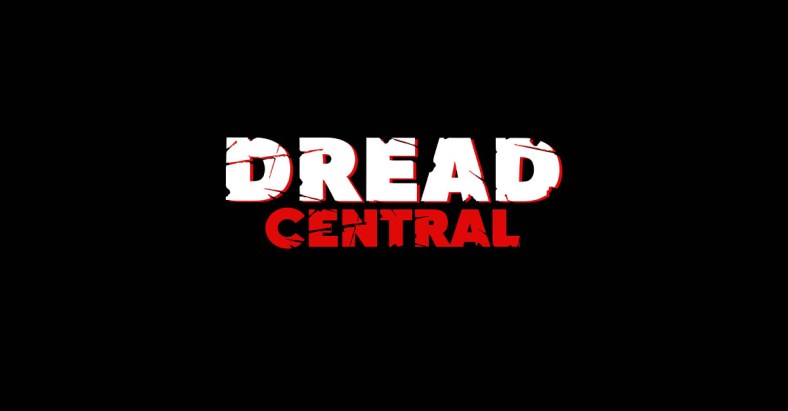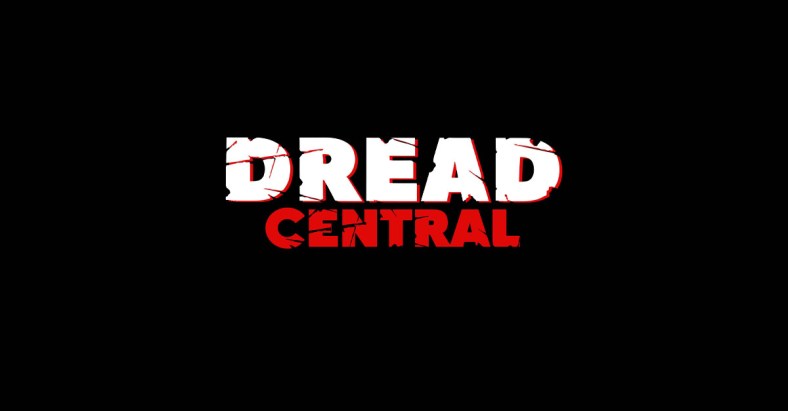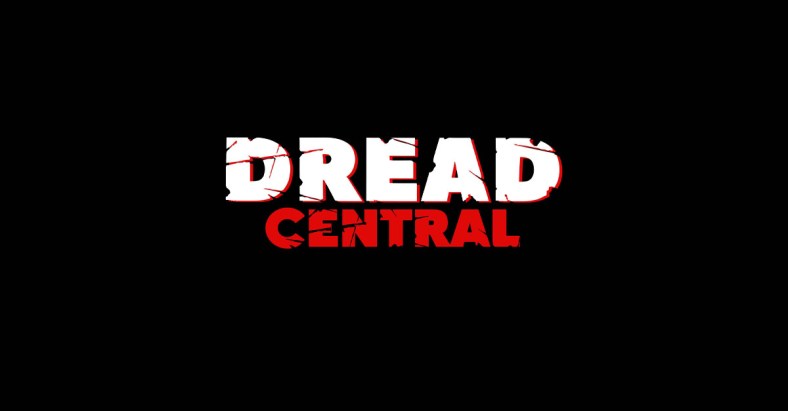TRUE HORROR: HELLFIRE FARM Review – A Dark Look At Britain’s Obsession With The Supernatural
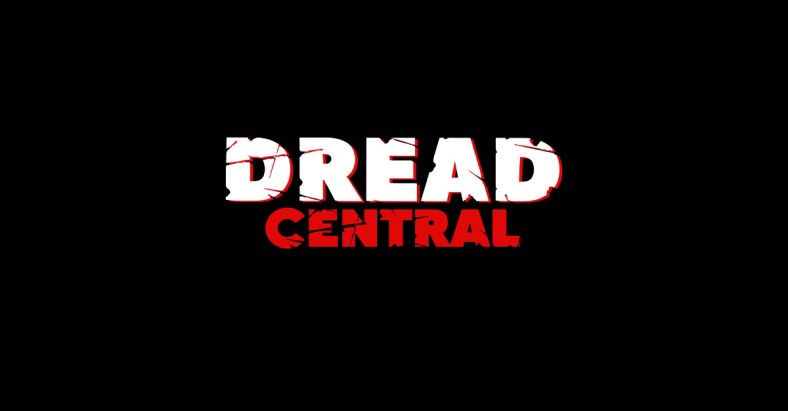 Developed by SIE Santa Monica Studios
Developed by SIE Santa Monica Studios
Published by Sony Interactive Entertainment
Available only on PlayStation 4
Rated M for Mature
I have a very clear memory of my first experience with God of War. The year was 2004, an era before digital distribution where most people still got their demo discs from magazine subscriptions and promotional add-ons to other games. (Remember when you bought Zone of the Enders just to try out Metal Gear Solid II: Sons of Liberty? Ted remembers.) My dad was still harboring some hope that I might turn from a World of Warcraft nerd into a proper sporty California boy, and had taken me along to a beach volleyball tournament in the hopes that the scantily clad competitors would awaken some primal desire to take to the field and prove my manhood by smacking a ball over a net. It was a rather large tournament, with many tents hocking beer and SoCal approved beach merchandise, but there was one that caught my eye even more than the various well toned legs on the court. Distinctly dark and covered on the sides so that none of the beach sand could blow inside, a bold SONY logo ran lengthwise up the heavy tarp door-flap. Pleading with my father to let me inside, he reluctantly agreed as he stood in line to pay $5 for a Coors.
I was 14 at the time. There were three games on display when I walked in: Nanobreaker, Killzone, and God of War. I wanted to play Killzone as it looked most like Halo, but that station was currently occupied by a large Hawaiian man wearing some board shorts and nothing else. So I slid up to God of War, pushed the Circle button, grabbed a dude, ripped him in half, and became a man.
I do not exaggerate when I say that God of War is the game that turned me into a real gamer. I have played through every title on every difficulty. I legitimately used to buy this game—PS2 and all—for chicks I was interested in an attempt to woo them. I am as passionate and dedicated as a God of War fan comes. And just like Kratos’ godhood, it is a blessing and a curse.
I’ll start off by saying that this is a spoiler-free review. I usually don’t care about spoilers, but with a game of this size I’m doing my best to respect the frothing fanbase. That being said, I will be talking about some content that might reveal certain aspects about the story. More specifically, what characters are missing. So while I will not be talking about major events (who dies, the big twists, how it ends), I will be talking about certain things I’d like to have seen (Thor).
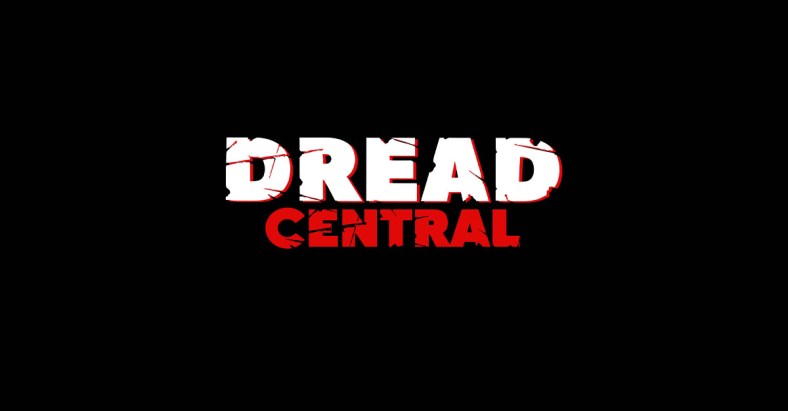 God of War starts out some undetermined amount of time after the events of God of War III. Having killed all the gods in Greekland, Kratos is now living a simple life in Norseworld. We join him as he is cutting down the last tree required to make the funeral pyre for his recently dead wife Faye. Accompanied by his son Atreus, we quickly realize that Kratos hasn’t lost his god juice as he picks up an entire tree and casually carries it to his waiting boat. Upon returning home he cremates Faye’s body in an overly sentimental scene generally reserved for games where you don’t rip off jaws with your bare hands. Faye’s final wish was for her ashes to be scattered from, “the highest peak in all the nine realms,” some suspiciously specific wording that I’m sure will in no way consternate your journey.
God of War starts out some undetermined amount of time after the events of God of War III. Having killed all the gods in Greekland, Kratos is now living a simple life in Norseworld. We join him as he is cutting down the last tree required to make the funeral pyre for his recently dead wife Faye. Accompanied by his son Atreus, we quickly realize that Kratos hasn’t lost his god juice as he picks up an entire tree and casually carries it to his waiting boat. Upon returning home he cremates Faye’s body in an overly sentimental scene generally reserved for games where you don’t rip off jaws with your bare hands. Faye’s final wish was for her ashes to be scattered from, “the highest peak in all the nine realms,” some suspiciously specific wording that I’m sure will in no way consternate your journey.
Kratos has some doubts about Arteus’ readiness for what lies ahead, but has to shelve that particular dilemma when a mysterious shirtless stranger shows up and challenges Kratos to a bout of fisticuffs. Possessing inhuman strength and an invulnerability to all forms of attack both physical and magical, anyone even remotely versed in Norse mythology should recognize that this is Baldur. This isn’t really a spoiler, since the game reveals this pretty soon after. Fearing that Artreus will be in danger if left behind, Kratos stoically decides to bring Atreus along, and the journey begins in earnest.
To the game’s credit, the plot stays remarkably focused on their ultimate goal. As plot barriers are introduced and the goalpost keeps getting pulled further and further away, the overall objective always remains getting to the highest peak and scattering those ashes. As a narrative framework, it’s incredibly effective. The fundamental drive remains unchanged, while still giving you the opportunity to see the world, learn about it, and kick its ass.
Now the real overall narrative draw is the relationship between Kratos and Atreus. Kratos has undergone a lot of change in his years since beating Zeus to death with his fists of fury. The Kratos we see now is quieter, more controlled. He’ll still rip a dude’s arm off and beat his friends with it. He just won’t be screaming the whole time. Atreus on the other hand is a typical young boy. Full of questions, he just wants the love and approval of his distant father. It’s a dynamic that initially annoyed me—I had a checklist of father son tropes I was checking off the whole time—but it grows on you when some of the more major elements are revealed. By the end, you get the real sense that both of them are fundamentally changed by their adventure.
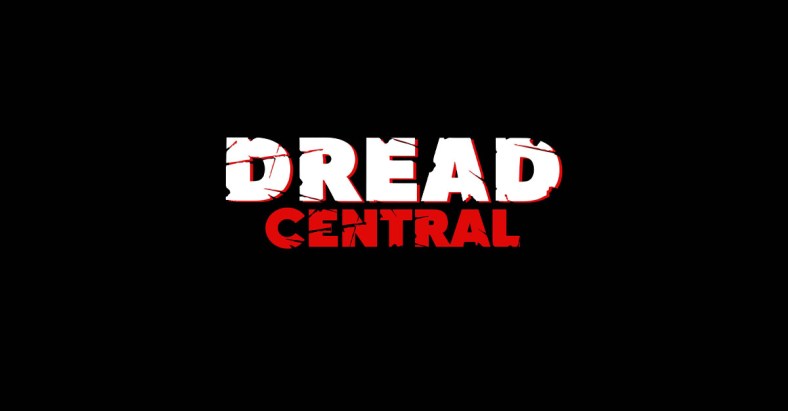
When your dad is a guy who routinely chops dudes in half without even blinking, this is what passes for a touching and gentle moment.
Another thing that I didn’t initially like was the combat. Going from previous God of War games to God of War (2018) was like hopping behind the wheel of a U-Haul after a lifetime of driving motorcycles. Gone are the fixed camera, the wide area combat, the leaping aerial moves, and even the quick-time events. In its place is a much more methodical and personal combat system. You now lock onto specific enemies from a persistent third-person perspective. To make up for the lack of visibility, a persistent ring around Kratos will show you the relative position of enemies and incoming attacks. You’ll switch between your three weapons (Leviathan Axe, Blades of Chaos, and fists) on the fly to exploit enemy weaknesses. Your fists deal more stun, axe more frost and raw damage, and the blades fire damage with more area of effect. You also have a number of “runic” attacks at your disposal, which function as spells with long cooldown. Atreaus will also support you in combat, firing arrows at the push of the Square button and delivering high stun melee attacks when he feels like it.
It might sound like minor differences to those uninitiated with the franchise, but this is as big of a shift as Resident Evil 7: Biohazard switching to first-person. God of War honestly feels way more like a fighting game than the previous bombastic action adventure games of series past. Gone are the sweeping flourishing combos that would wipe arenas and slay dozens of enemies at once. Kratos is far slower, and you’ll generally lock onto and deal with enemies one at a time. But it’s also far more engaging. Each enemy has a different set of strengths and weaknesses that you’ll have to master. The teleporting Revenants need to be struck with an arrow before they can be damaged. Certain enemies are completely immune to the axe. Stun is also a factor here, with a bar below their health representing how close they are to being temporarily incapacitated. Stunned enemies can be grabbed to perform God of War’s iconic finishers, which I’m pleased to say are just as gory and satisfying even without the quicktime events.
The combat isn’t the only thing that’s undergone a massive overhaul. The entire structure of the game is now semi-open world. Once you reach the main area, it’s really up to you whether to pursue the side quests or carry on with the main story. And like every good RPG worth its weight in gold and exp, the side quests are where you’ll get a majority of your kicks. There are dragons to free, treasure maps to find, favors to complete, and a whole slew of stuff to just explore. This is easily the best part of the game. Every square inch is just packed with stuff to do. There isn’t an island or cave that isn’t loaded with some kind of challenge or secret. Of the over 40 hours I put into the game, this is how a majority of my time was spent. And it was a blast.
Once again without spoiling anything, you’ll also get the chance to travel to other realms. Norse mythology has nine of them, and in your travels you’ll get to see a handful. Three of them come into play during the story, two as optional challenges, and the rest are waiting for the sequel (we’ll get into that soon). Overall the diversity in challenges and settings God of War (2018) has to offer are phenomenal.
This is also the point where I need to mention that this is one of the most beautiful games I have ever played. Seriously, I was floored by the visual fidelity. Every piece of armor Kratos can equip (there’s a gear system now) is packed with detail and fits seamlessly into all of the cutscenes and animations. Footprints are left in the mud and snow, faces are real and emotive, and the blood from the executions paint Kratos in a way that borders on art. I was playing on a regular PS4, and it was stunning. You can tell the moments they hid load times behind opening doors or lifting boulders, but the actual gameplay experience is completely seamless.
And there you have it. All the good stuff about God of War (2018). There’s so much to do, so much to see, and it’s all a hoot. Delving into the optional challenge content will extend your gameplay significantly, and most of it is well worth your time. This is where I have noticed most critics have stopped. This game has received more perfect 10s than Hugh Hefner’s funeral. And there’s no way I could say that the game wasn’t a great experience. But just like a pool party in a tub of jello, there are some pretty significant problems.
My main gripe comes from the story. I won’t complain about how Kratos has gone from ripping off Helios’ head because he needed a flashlight to really caring about his son’s wellbeing. Kratos is still a hardcore badass, doing what needs to be done, but he certainly isn’t sticking his thumbs in the eyes of any ocean gods. Whatever, I guess having kids really does change you. No, the major problem is that God of War (2018) is distinctly pulling its punches for a sequel.
We are introduced to plenty of new places, people, and things over the course of Kratos/Atreus’ quest. Along the way several questions will be raised both directly and indirectly. How did Kratos get here? Why is Midgard all fucked up? Why haven’t the gods done anything about it? Where are all the gods, anyways? All fascinating bits that add up to the grand and epic world of God of War. Unfortunately, we never get any real answers. Even completing all the challenges will just give you vague hints at what will be covered in the next game. By the time the credits roll, it’s like you just had salad for dinner. It doesn’t matter how pretty the salad was or how well made the dressing, you’ll just want something substantial.
But hey, let’s say you don’t care about the story. Who gives a shit about the emotional journey of a dude who routinely strolls out of the underworld like he has a FastPass? Well, the lack of major events and characters has significant impact on the gameplay. Overall, there are only really three boss fights in God of War (2018). There are some minor bosses here and there (mostly the same copy/paste troll or rock monster), but this isn’t the murder fiesta of God of War III. I get that they are introducing a new franchise and want to save something for later, but in the original God of War you killed fucking Ares. Setting the bar pretty high, sure, but their replacement in God of War (2018) doesn’t even rank.
I’m also going to be a big fat baby about the challenge mode. There are two: a timed arena that you run through and try to get out of alive and another that’s just a series of fights with set conditions. You’ll have to do both of them to upgrade your gear to the highest level. The timed arena one is pretty fun. There’s enough variety and you can upgrade your gear to extend your clock. It feels like an inoffensive roguelike, with enough goals to keep you engaged. I ran through it enough time to get all the stuff, and felt good about myself.
The other challenge, which I’ll just reveal is Surtr’s Gauntlet so that I can stop being vague, is a remarkable waste of time. Initially you are given a series of 12 challenges, which is fine. Once you get to the end you’ll find one of the game’s optional bosses waiting for you, meaning you’ll most likely have to come back much later. Once the boss is dead, it will unlock the “real” challenge mode. Six new challenges appear, three of which must be completed to unlock a final challenge. Completing this final challenge with a silver or gold ranking will net you some of the highest level crafting material in the game.
Now here’s the kicker. Every time you want to try the final challenge, you have to complete three of the previous challenges. As you can imagine, this gets legendarily repetitive. A gold ranking on the final challenge is enough to upgrade a single piece of gear, and the challenge is also randomized. If you get the “don’t take damage” challenge, good luck even getting a silver. And then you have to do the whole process over again just for the privilege of trying to roll a different final challenge. I did this whole rigmarole about eight times just to upgrade one of my armor sets. It’s incomprehensibly tedious, and absurdly poorly designed.
There are also some basic mechanical quibbles I had, like the overall unresponsive block. I swear to God I blocked that slam, you stupid game. The camera also had a tendency to go and take a timeout in the corner when I was pulverizing a particularly nasty giant’s scrotum, which led to some unwarranted deaths. I also wish there were more weapons, but at this point I’m just whining that this isn’t God of War III.
God of War (2018) is a fantastic game, but it’s holding back. It’s Saving all the big stuff for the inevitable sequel. Even so, it’s still a hell of a lot better than a lot of the games on the market. You’ll certainly get your $60 worth. There’s just too much cool stuff here to not enjoy it. But like my mother said to me when I announced I was going to be an English major, it’s just not living up to its full potential. This isn’t the groundbreaking experience that Breath of the Wild was. This isn’t the heart wrenching story of The Last of Us. This isn’t the revolutionary game changer of Resident Evil 4. This is a solid game that will likely be part of a beloved franchise. Just like every other game on the market nowadays. Welcome to the future.
Summary
There’s no doubt that God of War is an amazing game that will be well liked by fans. Stunning to look at and a blast to play, it takes the series in a bold new direction in story and combat. However, for a series with such an epic and unforgettable history, it’s obvious that God of War is holding its best cards for the sequel. This is the first piece of what is sure to be an epic franchise, but ultimately it feels more like a piece than its own thing.










